Do you feel tired and unmotivated to exercise? Is your digestive system a bit sluggish? If you’re noticing a little extra padding around your waistline, despite your Paleo lifestyle, your gut might be the culprit.
Inflammation in the gut not only causes weight gain, it can also be the culprit behind irritability, low blood sugar, depression, allergies, joint pain, skin conditions, insomnia, and digestive diseases… all of which are things you’d rather avoid.
So it’s time to take a look at your Paleo pantry and see whether the foods you’re eating are hurting or healing your gut. Read on for the six must-try gut-friendly updates to reduce inflammation and promote healthy gut flora, and the three Paleo foods that could be doing you more harm than good.
Do you struggle with bloating, gas, constipation, or other digestive issues? We’ve created a FREE guide to healing your gut naturally.
Click here to get your FREE copy of our Eat Wild Guide!
What Is Inflammation?

There are two types of inflammation – good and bad. Good inflammation is part of the body’s natural defense system; you probably recognize it as the swelling, bruising, pain or heat that occurs when the body is healing wounds and fighting viruses. Bad inflammation (otherwise known as chronic inflammation) is a sign that your immune system is way out of balance, and is actually “fighting” your body on an ongoing basis. Knowing the difference between good and bad inflammation can help you adjust your diet accordingly.
This inflammation can be caused by many factors, including poor lifestyle habits (such as lack of sleep or exercise), environmental toxins, physical or emotional stress, and the foods that you’re eating (or not eating).
Chronic inflammation affects the body on a cellular level and contributes to stress, disease and weight gain. It can also wreak havoc on your digestive tract and start to attack the healthy bacteria that live in your gut. (1)
Good vs Bad Bacteria
You have trillions of bacteria in your gut right now, both good and bad. The good guys help to reduce chronic inflammation, digest food, absorb nutrients, keep your weight in check, and even enhance immune function (2). And the bad guys? They’re what make us sick. Ideally we want gut-friendly updates to get a balance of bacteria in the body, with plenty of the good to counterbalance the bad.
What This Means for Your Paleo Pantry
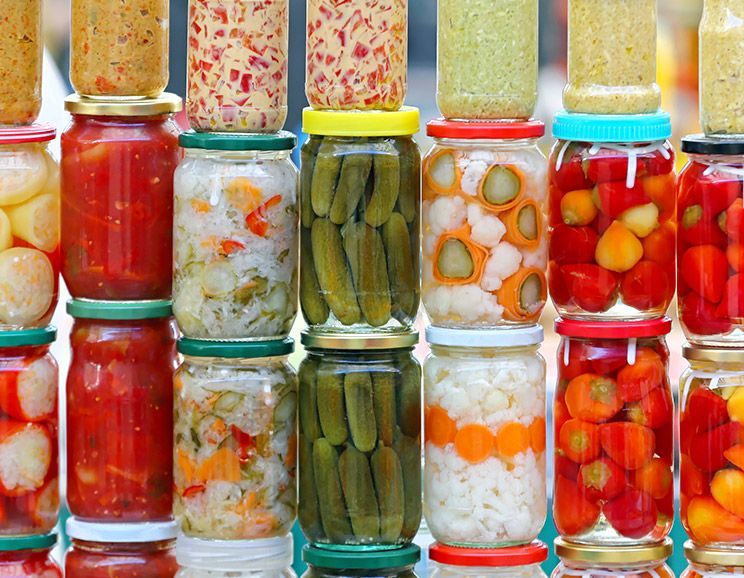
The six foods listed below will help to restore healthy bacteria in your gut and (in conjunction with a generally healthy diet and lifestyle) can balance inflammation in the body.
Gut-Friendly Foods for Your Paleo Pantry and Fridge
Fermented Foods: Adding fermented foods to your diet is a great boost for your digestive system and your metabolism thanks to a process called lacto-fermentation, which takes place when healthy bacteria feed on the sugar and starch in food and create lactic acid. This process preserves the food and its nutrients, making them easier to digest by stimulating your body to produce digestive enzymes.
Fermented foods include:
- Sauerkraut
- Kombucha
- Kefir
- Yogurt
- Kimchi
- Miso
Probiotic Supplement: The term “probiotic” describes the healthy bacteria that we’ve been talking about. Probiotics work alongside the digestive enzymes to help break down food for elimination, and allow you to absorb more nutrients from the food that you eat. To help the probiotic bacteria in your gut flourish, it can be beneficial to take a high quality probiotic supplement.
Coconut Water Kefir: Although kefir is a great source of healthy bacteria, it is usually a no-no on the Paleo diet because it is traditionally made from dairy. (4) However, coconut kefir also contains many of the same benefits and keeps it Paleo-friendly. Non-dairy coconut water kefir is a great source of probiotics.
Prebiotic Foods: For probiotics to survive and multiply they need to have something to eat – which is where prebiotics enter the equation. Prebiotics are indigestible plant fibers (otherwise known as fermentable fibers) that live inside the large intestine and act as food for the probiotics. Paleo-approved prebiotic foods include:
- Asparagus
- Bananas
- Burdock root
- Chicory root
- Endive
- Garlic
- Greens (especially dandelion greens)
- Jerusalem artichoke
- Jicama
- Kiwi
- Leeks
- Mushrooms
- Onions
- Salsify
- Sweet Potatoes
You can also purchase a prebiotic powder to add to smoothies and soups.
Bone Broth: Not only is it a great way to use those leftover meat bones, bone broth also provides essential minerals and proteins that boost immunity, soothe inflammation and repair the gut. It’s rich in collagen and gelatin, amino acids, calcium, magnesium, phosphorus and other trace minerals, making bone broth a must-have addition to your Paleo pantry.
Slow Cooked Meats: For greater digestibility and nutrient absorption, try slow cooking your meats. This method softens up the tough muscles and melts the connective tissues, allowing for faster digestion and greater nutrient absorption (5).
PS: try these 20 slow cooker Paleo recipes.
Paleo Foods to Reduce
When it comes to gut health and inflammation, what you don’t eat is just as important as what you do eat. The obvious ones to avoid include sugar, grains and refined carbohydrates – but chances are that you’ve already eliminated these on your Paleo diet.
However, there are four Paleo-approved foods that, if overeaten, can also wreak havoc on your system.
Nuts and seeds: You may know that grains and legumes contain anti-nutrients, lectins, enzyme inhibitors and toxic proteins, which is why they’re not included in the Paleo lifestyle. What you might not realize is that some nuts and seeds also have similar properties that can irritate the gut lining. Nuts are also high in polyunsaturated fatty acids (PUFAs), which encourage an inflammatory response in the body. It’s recommended that you soak and sprout nuts and seeds before eating, and consume in moderation. Yes, nuts and seeds are Paleo, but soaking them first can make them more gentle on your system.
Coffee: Caffeine is acidic, which means the body has to work harder to return to its neutral PH level after a cup of coffee. This can also inhibit the absorption of some nutrients (or cause you to pee out others such as calcium, magnesium, potassium, iron, and trace minerals).
Because it’s a stimulant, caffeine can also increase stress hormones and elevate your perception of stress. Stress is another primary cause of inflammation and can impact gastrointestinal function (6).
Replace coffee with low caffeine drinks such as herbal tea or a gut nourishing turmeric latte.
Fruit: Excess fructose has been shown to be detrimental to your health (7). While eating low-fructose fruits in small amounts has been a part of our ancestral diet for a long time, too much can become problematic. Excess fructose can be eaten by the bacteria in your gut and can lead to bacterial overgrowth and infections, such as candida. For most people, one or two pieces of small fruit each day is just fine, but if you’re healing from digestive disorders, you may want to consider eliminating all fruit for a couple of months. Speak with your qualified health professional to determine the best amount for you.
Tip: To keep the excess fructose to a minimum, try to stick to whole fruits, as opposed to dried fruit.
What’s Next?
Spend 15 minutes reviewing your Paleo pantry and ask yourself if it could be optimized for gut health using the recommendations above.
(Read This Next: How Your Gut Affects Your Happiness (& 7 Tips to Heal It))


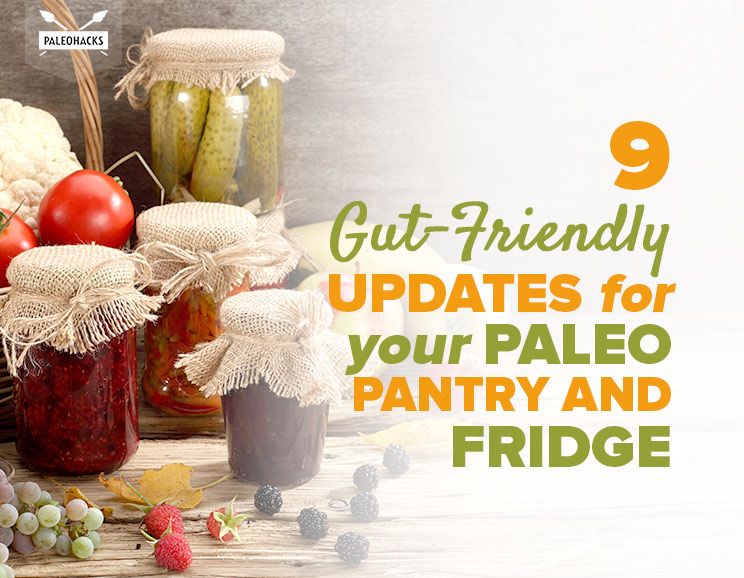
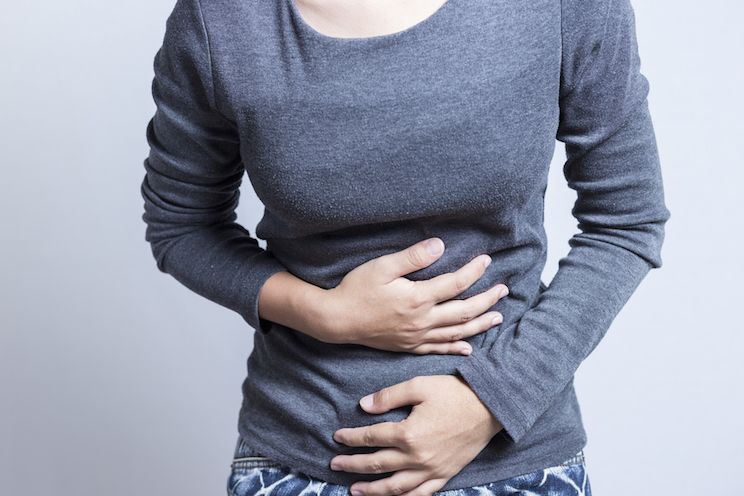


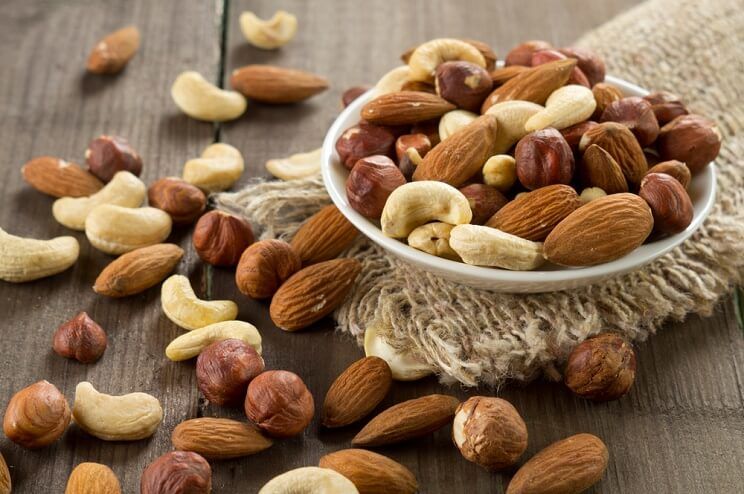
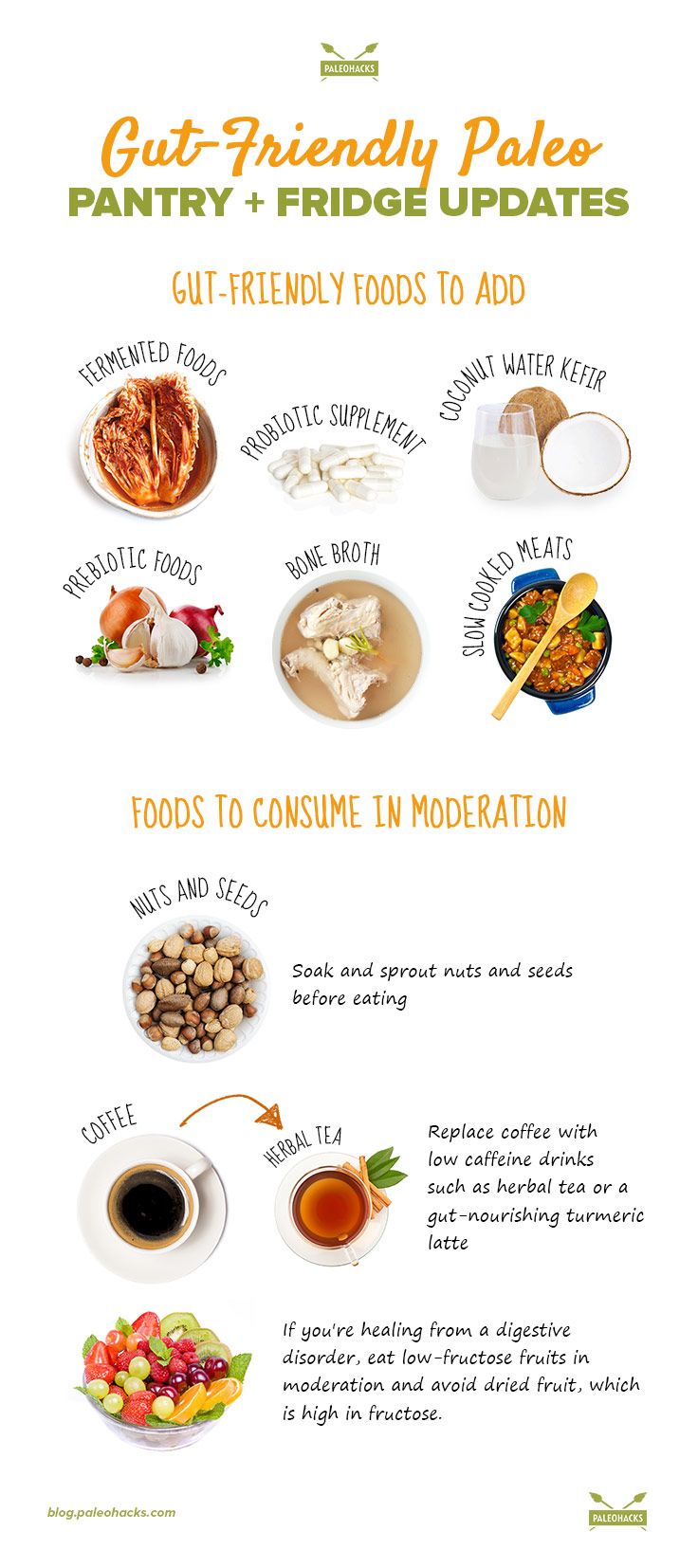
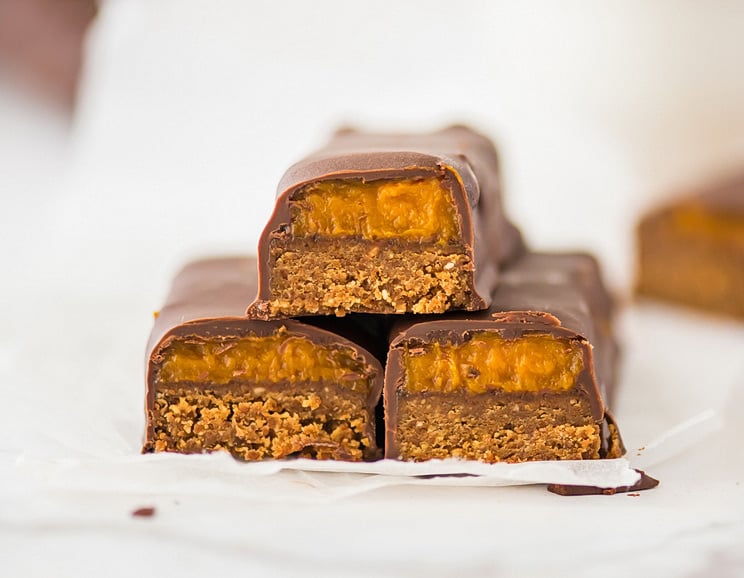 Paleo Butter Fingers
Paleo Butter Fingers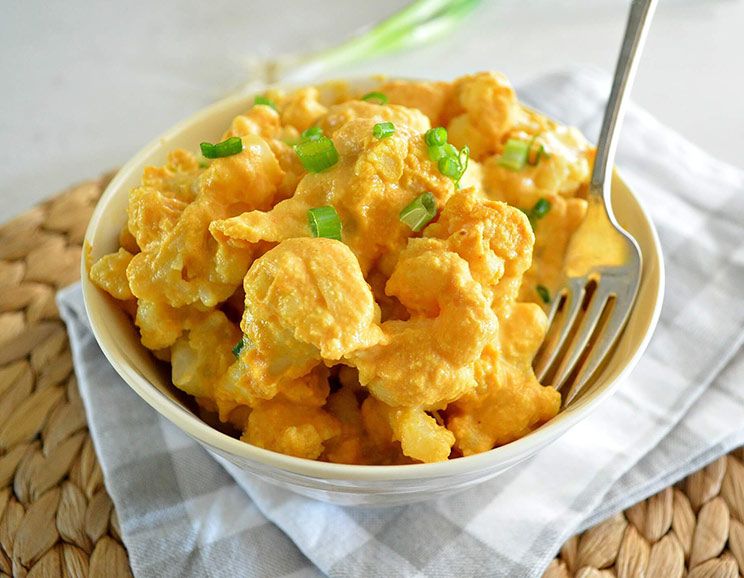

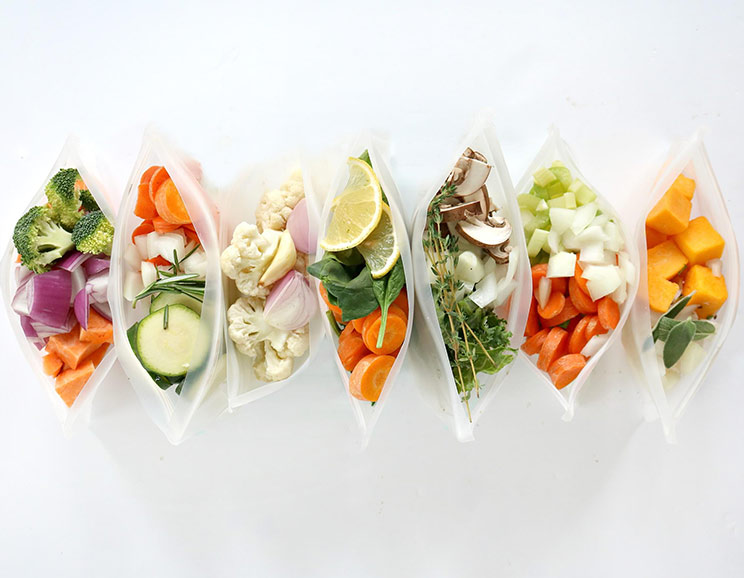
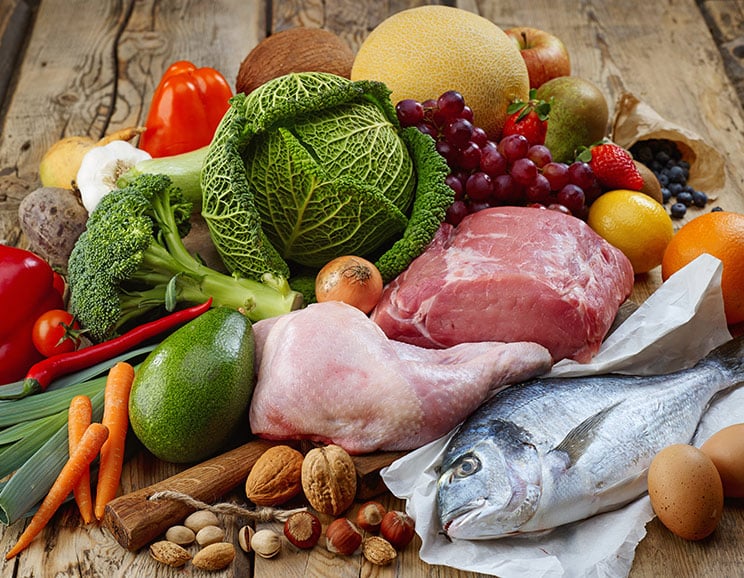

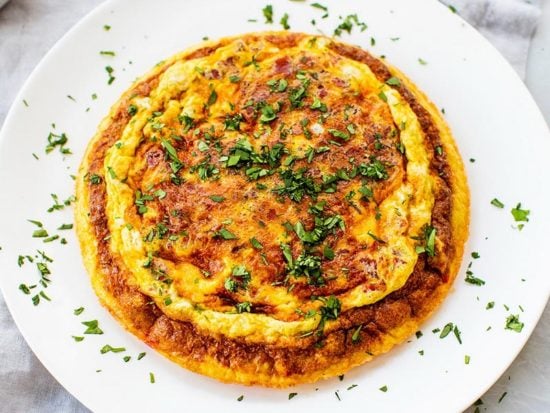
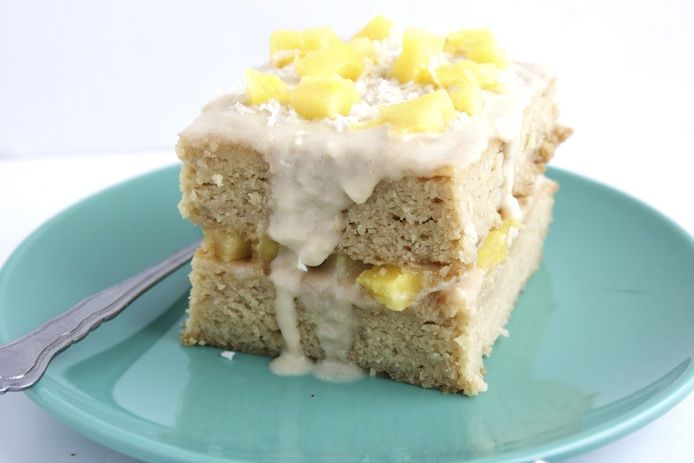
Show Comments